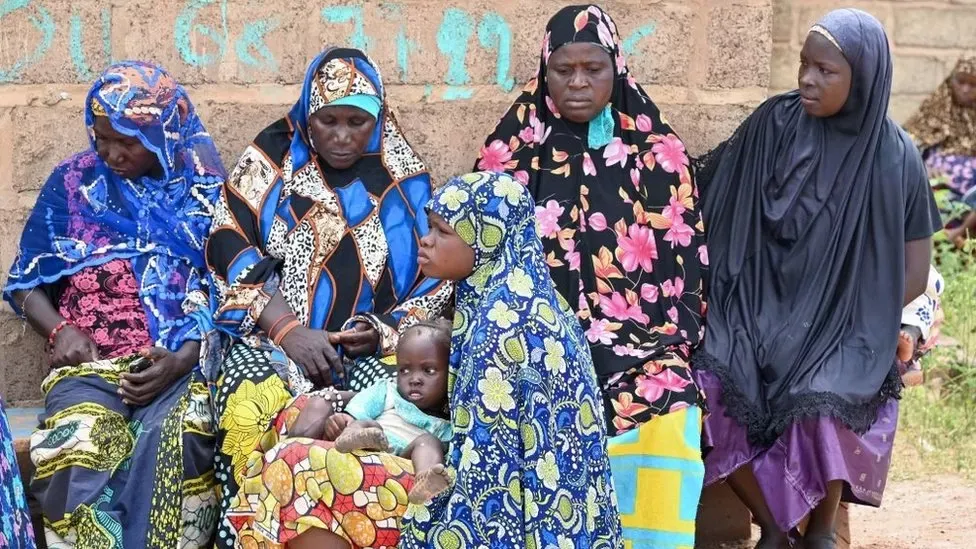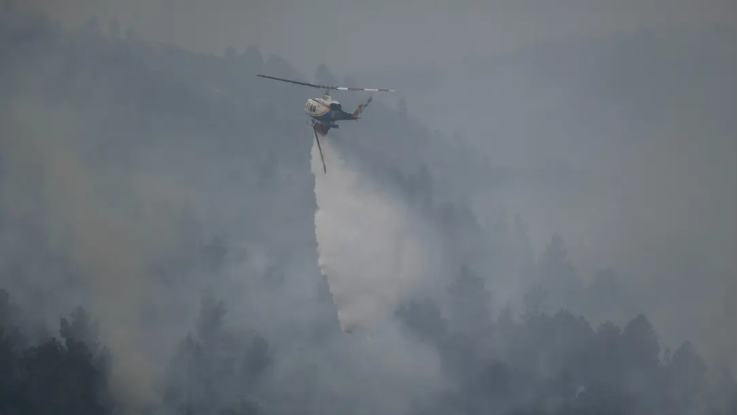Burkina Faso: Suspected Rebels Abduct 50 Women
Burkina Faso's government stated on Monday that a group of some 50 women and girls picking wild fruits were attacked and kidnapped by armed men in separate incidents on Jan. 12 and 13 in the Soum province.

Facts
- Burkina Faso's government stated on Monday that a group of some 50 women and girls picking wild fruits were attacked and kidnapped by armed men in separate incidents on Jan. 12 and 13 in the Soum province.
- Sahel's regional governor Lt. Col. Rodolphe Sorgho said that search efforts were launched as soon as the disappearances were announced, with aircraft reportedly flying over the area "to detect any suspect movement," following unsuccessful sweeps by the army and civilian auxiliaries.
- The abductions took place in the outskirts of Arbinda, a town in the Sahel region of northern Burkina Faso where the population is heavily dependent on outside food supplies, and is reportedly "on the verge of a humanitarian disaster" due to a jihadist blockade in the area.
- This is the latest security incident in the West African country that has been fighting a jihadist insurgency since 2015. No group had claimed responsibility as of Monday but militant groups linked to al-Qaeda and the Islamic State have carried out similar attacks and kidnappings in the past.
- Arbinda has been hit hard by the insurgency that has displaced up to 2M people across Burkina Faso. In January 2022, the military took power in the country promising to halt attacks, but violence is still mounting.
- During the second week of January 2023, an increase of more than 60% in security incidents were reportedly recorded in comparison to last December, and large-scale abductions are believed to be a new strategy that could point to a shift in militants' tactics.
Sources: CNN, Al Jazeera, Guardian, New York Times, BBC News, and FOX News.
Narratives
- Establishment-critical narrative, as provided by Al Jazeera. The deteriorating security crisis in West Africa is primarily the result of the West's decade-long political and military interference under the guise of fighting terrorism. There is hope for the region only when it's no longer possible for the West to pursue its geopolitical interests unchallenged by pretending to "help."
- Pro-establishment narrative, as provided by The Soufan Center. Though Western powers can certainly be criticized for their colonial record in West Africa, local authorities must stop blaming the West for today's crisis if they truly intend to tackle the jihadist insurgency rather than simply use it to justify their undemocratic rule. As Russian actors step up in the region, their counterterrorism efforts have proven just as unsuccessful.






